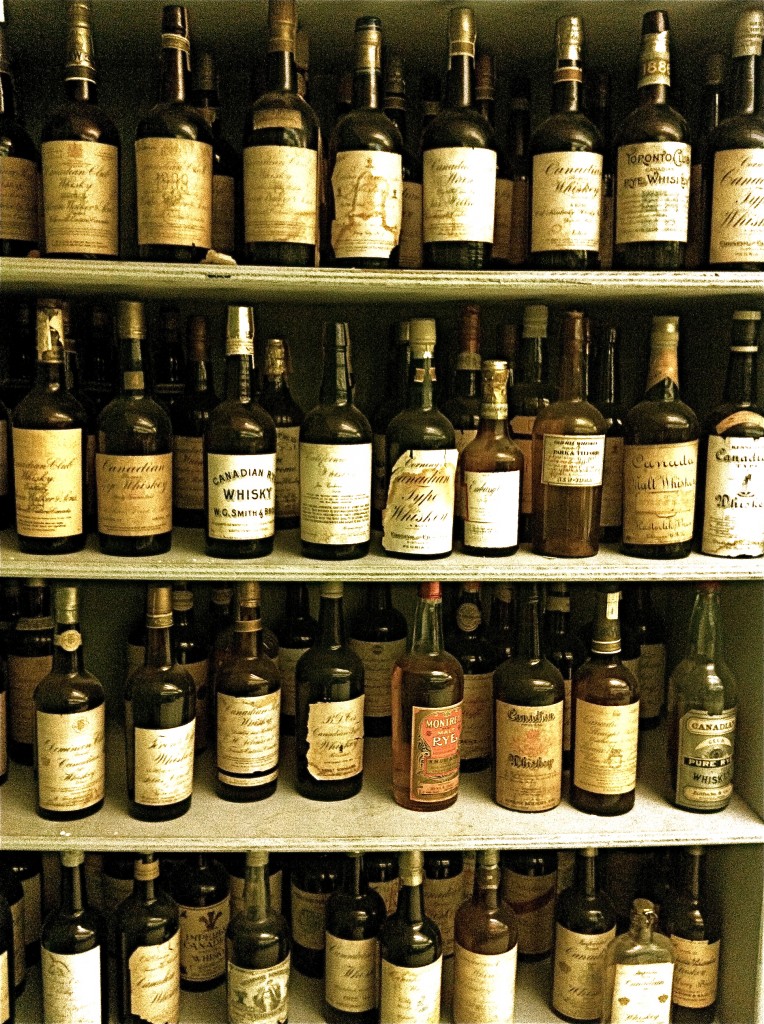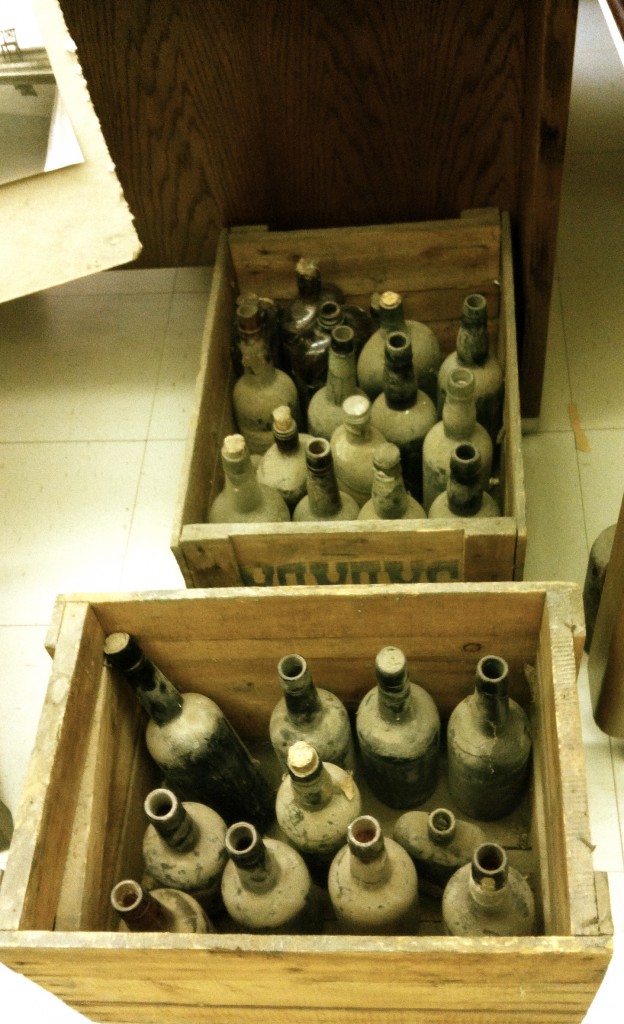Canadian Club: Prohibition’s Darling
30 Aug
If Prohibition taught us anything, it’s that banning a substance will not end consumption thereof. So, when alcohol was made illegal in the US (but not Canada), our northerly neighbor suddenly became a favored source of illicit whisky for bootleggers and rum-runners.
Because of its strategic location just across the Detroit river, Canadian Club soon became the largest distributed brand of Canadian whisky, exporting as much as 20,000 cases per month. It was adopted as the drink of choice amongst mobsters and bootleggers, the most famous being Al Capone, which only boosted its popularity further.
With such an increase in the illicit consumption of Canadian whisky, there arose multiple factors which placed Canadian Club at a unique historical crossroads during this period. The US no longer regulated the production or sale of alcohol. This meant that Canadian sources were certain to be of higher and more consistent quality than their American counterparts. Unfortunately, it also meant that there was hardly anything preventing counterfeiters from passing bogus bottles of rotgut off as the genuine Canadian article. Prohibition was a dangerous time, not just for purveyors, but also for drinkers of whiskey, often of dubious origin and poisonous composition.

Just a glimpse: one of the many shelves filled with confiscated counterfeit bottles designed to resemble Canadian Club
This scenario led to some of the most colorful episodes in the history of the Canadian border since the war of 1812. Tunnels dedicated to the transport of whiskey, dozens of different fake Canadian Club bottles, and violent speedboat chases just a few miles from the coast are but a few of the features that defined this period.

Submarine tunnel: Hiram Walker's personal tunnel led from the C.C. brand center in Windsor to the other side of the river in Detroit.
Much ink can be, and has been spilled on this subject, but sometimes a picture is worth a thousand words. Below, crates of Canadian whiskey that were first dumped by bootleggers on the verge of capture in the Detroit River, later recovered as historical artifacts.

Sunken treasure: crates of Prohibition-era whisky bottles collected from the bottom of the Detroit River
December 5, 1933 marked the much-celebrated end of Prohibition in the U.S. But Americans still had the taste of Canadian whisky, and other imported spirits, lingering on their palates. Canadian Club was not to be forgotten, and to this day remains as one of the most popular Canadian whiskies in America.

No comments yet